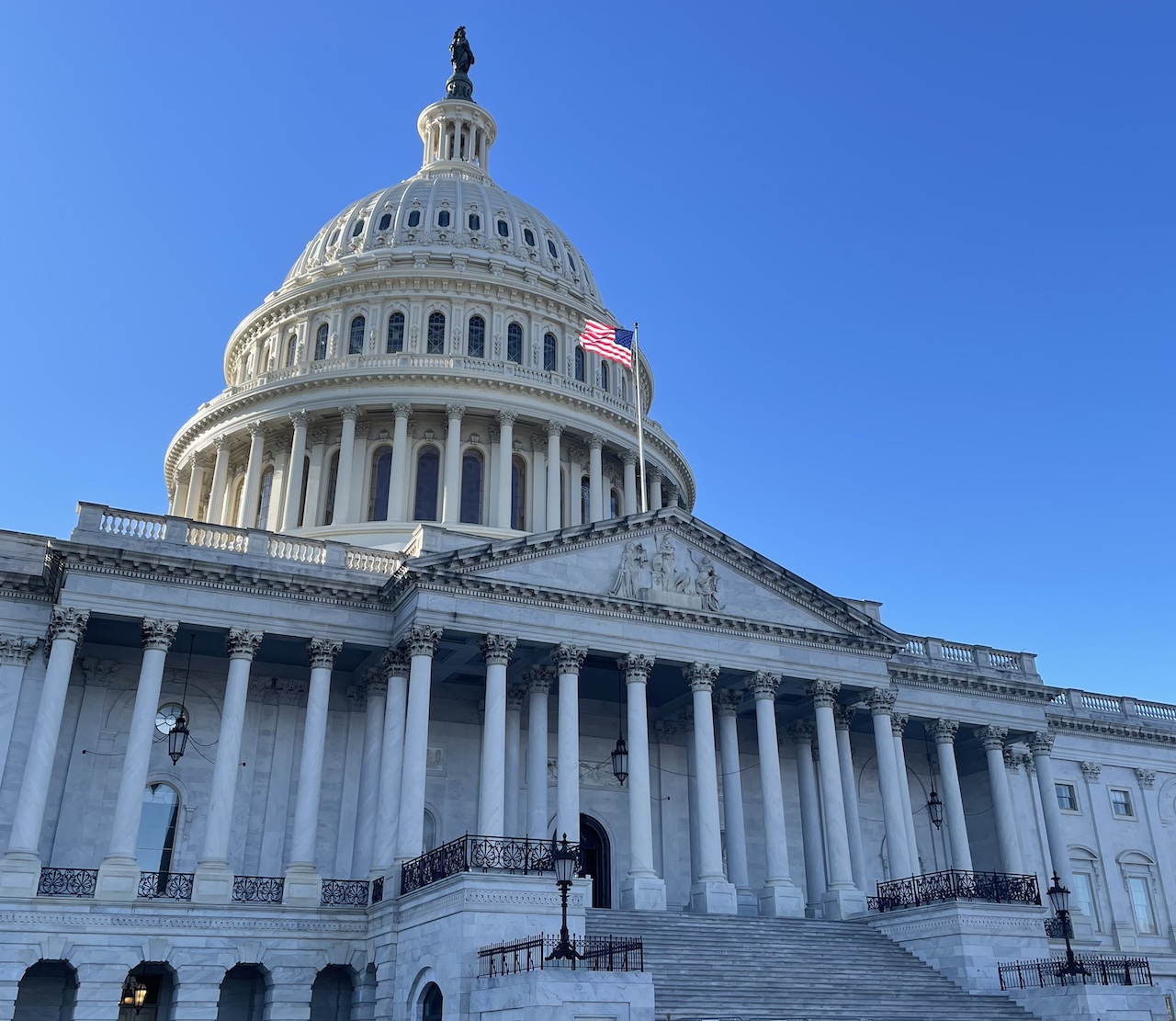
Biden Advisor Attends Crypto Roundtable, Industry Leaders Express Cautious Optimism
A high-profile roundtable discussion on cryptocurrency regulation took place in Washington D.C. on Wednesday, bringing together industry leaders, lawmakers, and a senior advisor to President Joe Biden. The meeting, organized by Representative Ro Khanna (D-CA), aimed to foster dialogue between the crypto industry and the Biden administration amid growing regulatory concerns.
Anita Dunn, a close advisor to President Biden, attended the roundtable in her personal capacity, a move that some attendees viewed as significant given her influential role in the administration. Her presence, along with that of Senator Kirsten Gillibrand (D-NY) and Representative Joe Neguse (D-CO), signaled a potential willingness from the Democratic side to engage with the crypto industry.
Notable industry figures at the meeting included Ripple CEO Brad Garlinghouse, Coinbase Chief Legal Officer Paul Grewal, and entrepreneur Mark Cuban. The discussions covered a range of topics, including debanking issues, actions taken by the Securities and Exchange Commission (SEC), and the agency’s staff accounting bulletin on digital asset custody.
Sheila Warren, CEO of the Crypto Council for Innovation, described the meeting as productive, stating that many attendees left feeling more optimistic than when they arrived. “For a government official at that level to be that engaged for over an hour… that is pretty amazing and unusual,” Warren said, referring to Dunn’s participation.
However, the roundtable did not entirely allay concerns about the Biden administration’s stance on crypto. Ripple’s Garlinghouse expressed hope that this was a “first step in moving from words to actual action,” but also criticized the administration’s approach, particularly SEC Chair Gary Gensler’s regulatory actions.
Coinbase’s Grewal emphasized that the crypto industry called for the White House to support legislation rather than litigation. He highlighted the bipartisan passage of the Financial Innovation and Technology for the 21st Century Act (FIT21) in the House as an example of positive legislative progress.
The meeting comes at a crucial time, with the 2024 presidential election on the horizon and cryptocurrency regulation emerging as a potentially significant issue. While the Republican Party has recently embraced a pro-crypto stance, the Biden administration’s position has been less clear.
Industry leaders stressed the need for a strong, unequivocal statement of support from the administration regarding the importance of the crypto industry and its underlying technology. As the political landscape continues to evolve, the crypto community remains cautiously optimistic about the potential for more constructive engagement with policymakers in the future.





